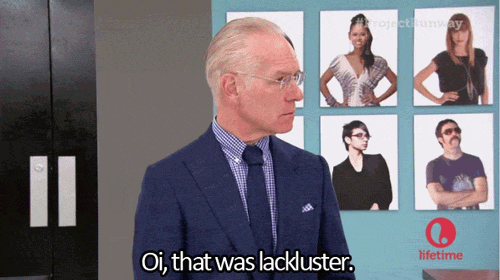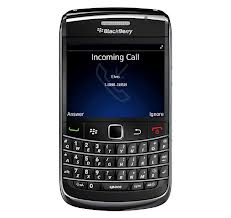When you make it to the interview, you want to be on point. Prepare answers ahead of time that show situations, actions you took, and results to respond to many behavioral questions. Research the company: the company culture, mission, news, and services, can help you relate your skills in a way that shows benefit to the hiring manager. The interview will go even smoother if you follow this advice:
1. Silence your cell phone
Most people will say to shut off your cell phone or leave it in the car. However, if you use it to schedule appointments, you may want it handy if asked for a follow up appointment or date for a second interview. If your phone does go off, it’s not an immediate “fail.” It all depends on how you recover. Don’t look at who is calling; just shut it down and apologize immediately to continue.
2. Smile
Sure, interviews make everyone nervous. It may be a combination of nerves and adrenaline, but researching and practice will help build your confidence before the interview. If you’re too worried about how you sound or are constantly wondering if you relayed everything you wanted to say, your face may not read that you’re someone who is excited about the opportunity. Take a moment, breathe, and smile right when you shake hands. If this is a phone interview, smile as you talk as well. Your voice transforms when you’re smiling and makes you sound more enthusiastic and engaged. Plus, everyone likes being around a friendly person. Would you want to work everyday alongside someone who constantly keeps a serious face on?
3. Don’t talk money or benefits
Unless specifically asked by the interviewer, do not be the first to bring up pay or benefits. Save these questions for the job offer. The interview is a business meeting where you and the employer are trying to see if you will be a quality match for the position. Show that you can do the job and you want to work for the company. It can be a major turn off if a candidate doesn’t use this time well, but rather just asks how much they would make. If the interviewer does bring this information up first, research average salaries from Department of Labor’s Labor Market Information website. Always provide a range for salary to avoid being too expensive or underselling yourself. For more information on Salary Negotiations, see George’s post.
4. Speak clearly and avoid the “Yeahs, Ummms, and Likes”
If you need to briefly pause and think about your answer before responding, take the time to do it. The interviewer may need you to be a representative of the company, and depending on how you present yourself, speech included, your casual way of speaking may be off-putting. “Umms” and “Like” are fillers that can be reduced by practicing your answers beforehand. I am guilty of the “Yeah” abuse, but in an interview, the answer is always “Yes”.
5. Dress Appropriately
You can never go wrong with a button-down/blouse and dress pants/conservative skirt. This rule can be modified from company to company. Some company cultures prefer very professional attire. If that’s the case, then suit jackets and ties should be worn. Everyone can benefit from having at least one great suit in their closet. If the office is more casual, perhaps replace the dress pants for some khakis. Research the company and try to match what the manager would be wearing. Ask ahead of time if you think you may be touring any facilities that may require boots, a hardhat, or similar special circumstances. In general, I don’t know of a time where shorts, flipflops, sweatpants, anything low-cut, or anything revealing could be considered acceptable interview attire. Try on your outfit ahead of time to ensure proper fit, and remember: you want to be noticed for what you said, not what you wore. For more on this topic, check out Uriela’s blog post about appropriate interview attire.
If you have questions or concerns about these suggestions or anything related to your upcoming interview, please drop us a line in the comments below!
[All gifs thanks to giphy!]













